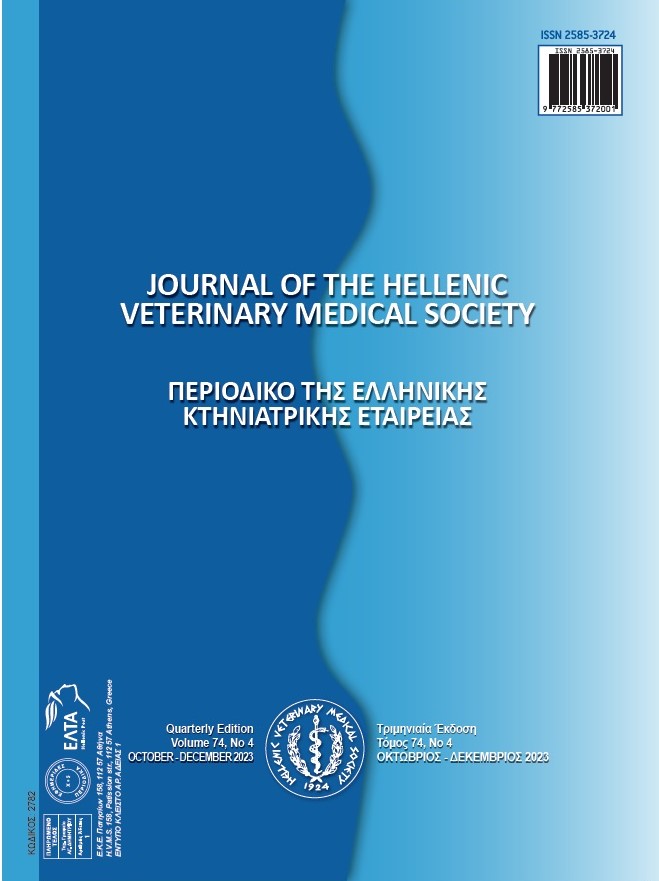In vitro evaluation of a natural food supplement as inhibitors of feline herpesvirus replication

Abstract
The feline herpesvirus (FHV) is a widely diffused and highly contagious virus that represents a common health problem in cats. It is frequently associated with diseases of different pathogenicity that can be particularly severe in young kittens determining viral pneumonia and sometimes, death. Unfortunately, there isn’t a well-defined therapeutic protocol against the virus. Several studies concerning the application of alternative treatments against herpesviruses have been performed with promising results, in both human and veterinary medicine. The present study aims to investigate in vitro antiviral effects against FHV of the commercially compound HELP-TH1 (Camon, S.p.A., Italy) mainly composed by Ganoderma lucidum, Cordyceps sinensis, and Trametes versicolor. The antiviral effect of HELP-TH1 was evaluated by the Plaque Reduction Assay and by the real time PCR quantifying and comparing the viral load of infected controls vs treated experimental samples. Our data indicate that HELP-TH1 inhibits the cytopathic effect of the virus and reduces the viral load in the experimental conditions demonstrating its antiviral effect.
Article Details
- How to Cite
-
Pacini, M., Bonaccini, P., Mazzei, M., & Forzan, M. (2024). In vitro evaluation of a natural food supplement as inhibitors of feline herpesvirus replication. Journal of the Hellenic Veterinary Medical Society, 74(4), 6377–6384. https://doi.org/10.12681/jhvms.30136
- Issue
- Vol. 74 No. 4 (2023)
- Section
- Research Articles

This work is licensed under a Creative Commons Attribution-NonCommercial 4.0 International License.
Authors who publish with this journal agree to the following terms:
· Authors retain copyright and grant the journal right of first publication with the work simultaneously licensed under a Creative Commons Attribution Non-Commercial License that allows others to share the work with an acknowledgement of the work's authorship and initial publication in this journal.
· Authors are able to enter into separate, additional contractual arrangements for the non-exclusive distribution of the journal's published version of the work (e.g. post it to an institutional repository or publish it in a book), with an acknowledgement of its initial publication in this journal.
· Authors are permitted and encouraged to post their work online (preferably in institutional repositories or on their website) prior to and during the submission process, as it can lead to productive exchanges, as well as earlier and greater citation of published work.


